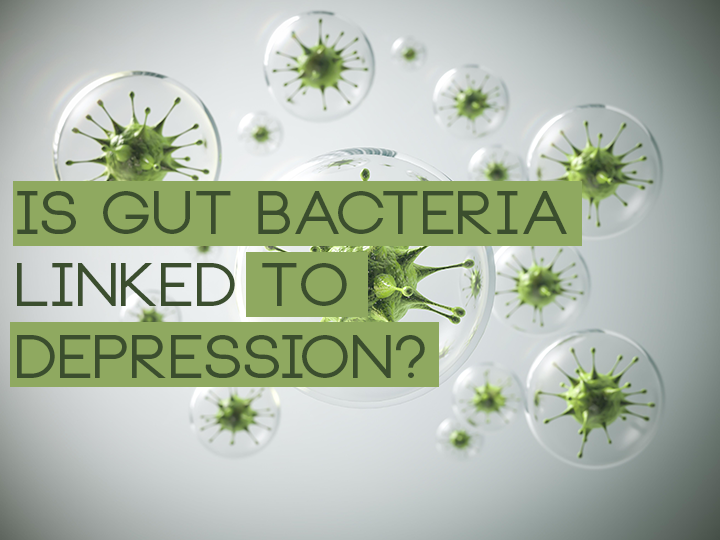
Recent research has suggested that there may be a link between gut bacteria and depression. The gut, also known as the gut microbiome, is home to trillions of bacteria and other microorganisms that play a crucial role in maintaining overall health. Studies have shown that the gut microbiome is connected to the brain via the gut-brain axis, a complex network of nerves and signaling molecules that communicate between the gut and the brain.
One of the key ways that gut bacteria may be linked to depression is through the production of neurotransmitters. The gut microbiome is involved in the production of serotonin, a neurotransmitter that is known to play a role in regulating mood. Studies have found that individuals with depression have lower levels of certain types of gut bacteria that are responsible for producing serotonin. This suggests that an imbalance in the gut microbiome may contribute to the development of depression.
Another way that gut bacteria may be linked to depression is through inflammation. Certain types of gut bacteria can trigger an inflammatory response in the body, which has been linked to the development of depression and other mental health conditions. Studies have found that individuals with depression have higher levels of inflammation in their bodies, and that treating this inflammation can improve symptoms of depression.
There is also evidence that suggests that probiotics, which are live microorganisms that can provide health benefits when consumed, may be effective in treating depression. Studies have found that consuming probiotics can improve symptoms of depression by restoring balance to the gut microbiome.
However, it's important to note that more research is needed to fully understand the relationship between gut bacteria and depression, and the results from some studies have been inconsistent. Further studies are needed to clarify the specific mechanisms by which gut bacteria may be linked to depression, and to develop effective treatments for depression that target the gut microbiome.
In conclusion, research suggests that there may be a link between gut bacteria and depression. The gut microbiome is involved in the production of neurotransmitters and may trigger an inflammatory response in the body. Probiotics may be effective in treating depression by restoring balance to the gut microbiome. However, more research is needed to fully understand the relationship between gut bacteria and depression, and to develop effective treatments.